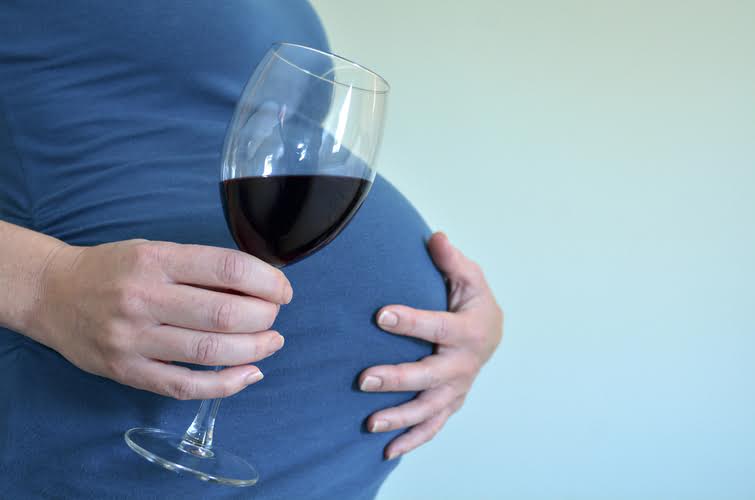Alcohol can manipulate chemicals in your brain to create psychoactive effects. For people with epilepsy, alcohol may interfere with anti-seizure medications and increase the risk of seizures. In people with epilepsy, drinking three or more drinks may increase the risk of seizures. Florida alcohol addiction treatment is the first step in overcoming alcohol abuse and starting the new life you or your loved one deserves. Withdrawal seizures usually start, although it’s possible for seizures to occur as early as two hours after the last drink. Risk of seizures is particularly high in people who have undergone alcohol detox several times before.
- However, in severe cases, alcohol withdrawal seizures [3] can last for 5 minutes or longer and occur repeatedly.
- More recently, it has been appreciated that some anesthetic actions are stereospecific and that direct protein interactions are likely (23).
- Those with epilepsy who have alcohol dependence and stop drinking suddenly have an additional risk of withdrawal-induced seizures.
- Alcohol is a central nervous system depressant, meaning that it reduces nerve activity in the brain to produce relaxation.
- The goal is to safely and gradually decrease your dependence on alcohol so that you can resume your daily life.
In all cases, the management of alcohol withdrawal is monitored and managed by an interprofessional team to ensure good outcomes. The prognosis often depends on the severity of alcohol withdrawal syndrome. Mortality is also greater in patients who progress to delirium tremens. Kindling is a term describing a neurological phenomenon that makes alcohol withdrawal symptoms worse after previous withdrawals from depressant drugs. People who go through depressant withdrawal can have more severe symptoms with subsequent withdrawal periods. This higher risk of severe withdrawal symptoms can happen even if you’ve used different kinds of central nervous symptom depressants.
How is alcohol withdrawal syndrome treated?
Similarly, phenytoin is not effective in protecting against the occurrence of seizures in withdrawing alcoholics (71,72). Valproate is protective against alcohol withdrawal convulsions in mice (73). The intravenous formulation is gaining acceptance in the clinical management of status epilepticus so that it could potentially be used in prophylaxis against alcohol withdrawal seizures.
Even after the initial symptoms have passed, people can continue to struggle with alcohol cravings for months or years. Ongoing treatment helps recovering addicts deal with these persistent symptoms. When facing something like alcohol withdrawal, it’s only natural to be particularly concerned about how long the process will http://my-chekhov.com/proizved/087.shtml take. In general, alcohol withdrawal can take anywhere from 24 to 72 hours to several weeks. The clonic phase can last between 1 and 3 minutes, but the average time is around 2 minutes. After the convulsions in the clonic phase, someone will usually return to consciousness slowly, appearing very confused and disoriented.
Alcohol abuse is a medical problem and can lead to epilepsy.
The relationship between alcohol and seizures is complex and multifaceted. The seizure threshold is raised by alcohol drinking and declines on cessation of drinking. As a result, during withdrawal from alcohol, usually 6-48 hours after the http://portal-energo.ru/b2bcontext/research/page.php?parent=rubricator&child=getresearch&id=15663 cessation of drinking, seizures may occur. Alcohol acts on the brain through several mechanisms that influence seizure threshold. These include effects on calcium and chloride flux through the ion-gated glutamate NMDA and GABA receptors.

Somewhere between 30-50% of people who suffer an alcohol withdrawal seizure will develop delirium tremens (DTs), which is an extremely dangerous condition. When medical care or appropriate medication is not available, DTs have a 37% mortality rate. DTs manifest symptoms that are distinct from other more minor symptoms of withdrawal. Alcohol-related seizures are defined as adult-onset seizures that occur in the setting of chronic alcohol dependence. New onset or a new pattern of alcohol-related seizures, e.g., focal seizures or status epilepticus, should prompt a thorough diagnostic evaluation. This is not indicated if patients have previously completed a comprehensive evaluation and the pattern of current seizures is consistent with past events.
Common Alcohol Withdrawal Symptoms
You could have alcohol withdrawal seizures if you often drink large amounts of alcohol and stop drinking suddenly. You may be alcohol dependent if you have a strong desire to drink and find it hard to control your drinking. People with or without epilepsy can have seizures after heavy drinking. Alcohol withdrawal https://workingholiday365.com/how-to-choose-and-wear-compression-tights.html seizures are most likely to happen between 6 and 48 hours after your last drink. References for this review were identified by searches of PubMed between 1985 and 2016, and references from relevant articles. The final reference list was generated on the basis of relevance to the topics covered in this review.
The best way to avoid the issue is to limit alcoholic consumption to 2 or fewer drinks per day for males and 1 or fewer for females. Once you stop alcohol intake, a doctor can address your specific symptoms. Doctors tailor specific treatments and alcohol abstinence programs to the individual. Excessive consumption of alcohol causes alcohol-related neurologic disease. When you consume alcohol, it’s absorbed into your bloodstream from the stomach and the small intestine.
Alcohol-related seizures
Regardless, without proper medical attention, victims of DT will soon develop more life-threatening symptoms, such as seizures and cardiac issues. You might be wondering if you can suffer from an alcohol-induced seizure after a typical Saturday night out. Sudden unexplained death in epilepsy (SUDEP) is twice as common in people with epilepsy who are also alcohol dependent. Below is some information that could help with managing the risks of drinking alcohol if you choose to do so. Alcohol misuse can lead to neurological damage that can affect multiple areas of a person’s health and well-being.
